Religion and Public Discourse in an Age of Transition: Reflections on Bahá’í Practice and Thought
Order it here
Technology, tourism, politics, and law have connected human beings around the world more closely than ever before, but this closeness has, paradoxically, given rise to fear, distrust, and misunderstanding between nation-states and religions. In light of the tensions and conflicts that arise from these complex relationships, many search for ways to find peace and understanding through a “global public sphere.” There citizens can deliberate on issues of worldwide concern. Their voices can be heard by institutions able to translate public opinion into public policy that embraces more than simply the interests and ideas of the wealthy and the empowered.
Contributors to this volume address various aspects of this challenge within the context of Bahá’í thought and practice, whose goal is to lay the foundations for a new world civilization that harmonizes the spiritual and material aspects of human existence. Bahá’í teachings view religion as a source of enduring insight that can enable humanity to repair and transcend patterns of disunity, to foster justice within the structures of society, and to advance the cause of peace. Accordingly, religion can and ought to play a role in the broader project of creating a pattern of public discourse capable of supporting humanity’s transition to the next stage in its collective development.
The essays in this book make novel contributions to the growing literature on post-secularism and on religion and the public sphere. The authors additionally present new areas of inquiry for future research on the Bahá’í faith.
Authors
Farzam Arbab
Farzam Arbab (1941-2020) has a PhD in physics from the University of California at Berkeley and has received an honorary doctorate in science from Amherst College. He is a founder of the Fundación para la Aplicación y Enseñanza de las Ciencias (FUNDAEC). From 1993 to 2013, he served on the international governing body of the Bahá’í Faith, the Universal House of Justice. Since his retirement from service on that body, he has dedicated his time to the exploration of questions related to education, science, and belief systems.
Sona Farid-Arbab
Sona Farid-Arbab has a PhD in the philosophy of education from the Institute of Education of the University of London. She has worked in the field of education in China and travelled extensively in that country. From 2002 to 2013, she lived in Haifa, Israel, and served as a Director of the Office of Social and Economic Development at the world centre of the Bahá’í Faith. Since leaving Haifa, she has been engaged in various research and writing projects related to education and development.
Julia Berger
Dr. Julia Berger is Affiliate Faculty in the Department of Religion at Montclair State University in Montclair, NJ. Her recent book, Rethinking Religion and Politics in a Plural World (Bloomsbury, 2021) explores the changing role of religion in the international arena, with particular attention to insights emerging from the Baha’i community’s engagement with the United Nations. Prior to her current work, she served as Principal Researcher at the Baha’i International Community’s United Nations Office (2004-2015), focusing on human rights, gender equality and social development and representing the Office in various UN fora. Her 2003 article about religious NGOs at the United Nations was one of the first to examine the field of international religious organizations in international affairs. From 2002-2004, Dr. Berger was Research Associate at Harvard University’s Program on Religion and Public Life, where she explored the role of religious organizations in the provision of social services in the US. She serves on the Leadership Team of the American Academy of Religion Women’s Caucus, is Co-Chair of the Academy’s Baha’i Studies Unit and of the International Scholars Session of the Women’s Caucus. Dr. Berger serves on the Executive Committee of the Association for Baha’i Studies—North America. She holds a PhD from the University of Kent, UK in Theology and Religious Studies and an M. Ed. in International Development and Education from the University of Toronto. She is a citizen of Poland, Canada, and the United States, and lives in Montclair, NJ with her husband and twin daughters.
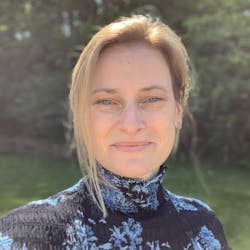
Geoffrey Cameron
Geoffrey Cameron has a Ph.D. from the University of Toronto in the Department of Political Science. His research focuses on comparative immigration and refugee policy, religion and politics, and Canadian public policy. His dissertation, “Religion and Refugees: The Evolution of Resettlement in the United States and Canada,” examined the influence of religious groups on the development of refugee policy in the post-war period. He was a Commonwealth Scholar at Oxford University and was supported by SSHRC and the Pierre Elliott Trudeau Foundation in his doctoral research. He currently works as Director of the Office of Public Affairs of the Baha’i Community of Canada and has previously been a senior policy advisor at Global Affairs Canada.
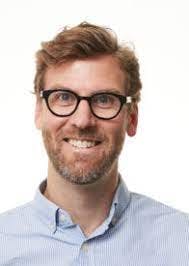
Michael Karlberg
Michael Karlberg is a professor of Communication Studies at Western Washington University. His scholarship interrogates the intellectual foundations of Western civilization, including conceptions of human nature, power, social organization, and social change. His first book, Beyond the Culture of Contest, examines the socially unjust and ecologically ruinous consequences of organizing dominant social institutions and practices in a competitive manner. His new book, Constructing Social Reality builds on that work by examining the relativism, cynicism, and materialism the culture of contest gives rise to, and how this undermines struggles to construct more peaceful and just social forms. His current research is examining theories of social change, and their translation into movement practice, with a specific focus on how the relationship between ends and means is conceptualized and enacted.
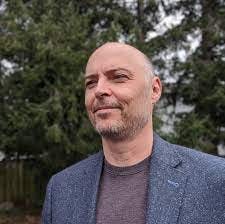
David A. Palmer
David A. Palmer is an Associate Professor in the Department of Sociology at the University of Hong Kong. He has published several books and articles on religion, civil society, and culture in Asia, including Chinese Religious Life; The Religious Question in Modern China; Dream Trippers: Global Daoism and the Predicament of Modern Spirituality; and The Civil Sphere in East Asia (co-edited with Jeffrey Alexander).

Shahriar Razavi
Shahriar Razavi currently serves as a member of the Universal House of Justice, the international governing body of the Bahá’í Faith, to which he was elected in 2008.
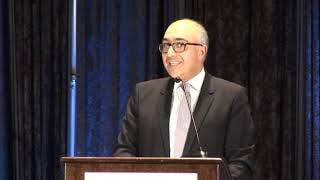
Benjamin Schewel
Benjamin Schewel is the Co-Director of the Center on Modernity in Transition. He is the author of Seven Ways of Looking at Religion (Yale UP, 2017) and the forthcoming book, Encountering the Axial Age, also published by Yale University Press.
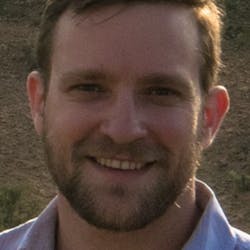
Matthew Weinberg
Matthew Weinberg served as Research Director of the Bahá’í International Community, in Haifa, Israel, and led the initial work of the Institute for Studies in Global Prosperity in contributing to international development discourse. He has worked as a consultant for the Gates Foundation evaluating development programming, and was also a senior analyst with the United States Congress Office of Technology Assessment, in Washington, DC, where he directed studies in the areas of environmental and technology policy.
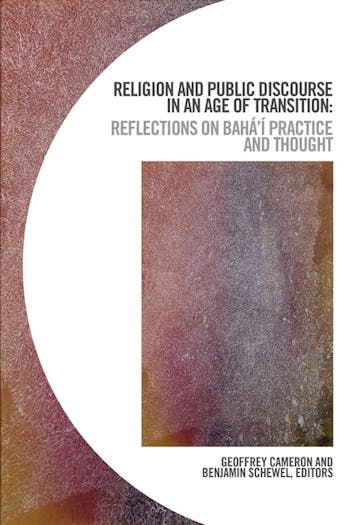
Select Format
- Format
- Softcover
- Price
- CA$19.99
- Pages
- 320
- Weight
- 400g
- Published
- 2018-01-01